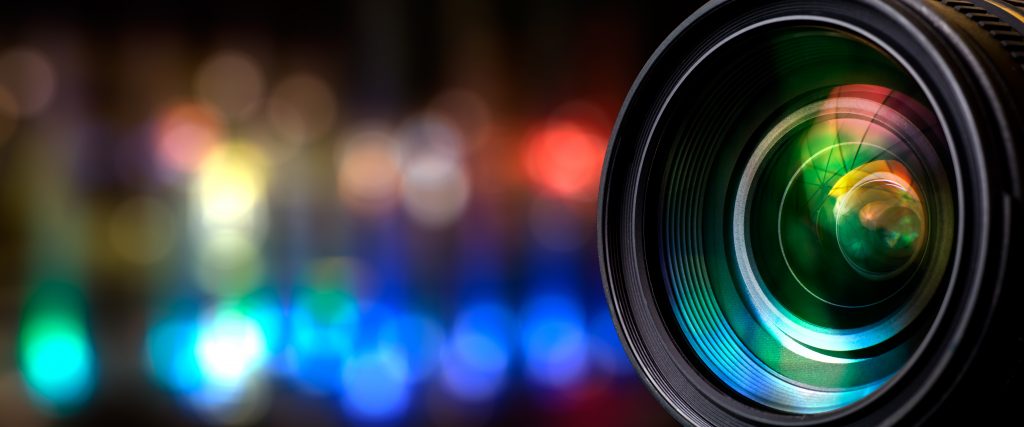By Mariella Di Bua
Do you agree that innovation arises from a vision? Or do you think it stems from mere observation? I’d like to share a story of innovation with you.
This innovation is the result of both: a vision and observation. And it put a service considered ordinary by most at the fingertips of a not-so-small minority without access to it. This story goes back to the year 2011, when a small group of students from a local university of Córdoba, Argentina, detected a need in their society. Deaf, blind, hearing- and sight-impaired people from their city needed access to audiovisual content. They noticed these people were left out of these experiences and decided to do something to bridge that gap. In order to achieve this ambitious goal, they
started a project to adapt film content and present it in small cultural centers to groups of people with vision and hearing impairment.
More and more people from other cities in Argentina learned about this endeavor and contacted the young innovators with interest. It was then they understood their project needed to grow further to meet the high demand for adapted content in these communities.
Step by step, the team made up by filmmakers, programmers, and blind and deaf people made the audiovisual accessible, allowing many people to enjoy content they otherwise couldn’t. After
eight years of research and work, they finally made it mold to their idea.
What’s the idea?
It is a platform streaming accessible shows and movies for people with vision and hearing impairment. Its name, Teilú, is taken from the Celtic and means “community.”
How do they do it?
They adapt the content through audio description, subtitling for the deaf and hard-of-hearing, and Argentine Sign Language. A highlight worth mentioning is that the final product is proofed by deaf and blind people, which guarantees its quality.
How does it work?
In the platform, users select between versions with audio description, subtitles or sign language. Each person chooses the option most suitable to their needs, hits play and enjoys the experience at no cost!
In the near future, the team wants to offer new releases with corresponding adaptations and charge a “ticket” for this service. This will allow people with vision or hearing impairment to enjoy
a film at the time of its premiere, living the experience simultaneously without requiring the intervention of their friends and family, since it is normally people close to the deaf and the blind
who provide inaccessible information. In turn, this move would be a way for filmmakers to reach a new worldwide audience.
This story is proof that if we take the time to observe different realities around us, we can identify specific needs in our society. Then we can find a starting point to help others, because once you know, you can’t go back to ignorance. You can’t stay still. You start to feel the need to do something and to drive change. Let’s get the ball rolling, and hopefully, this story will become just one of many on our way to greater accessibility.

